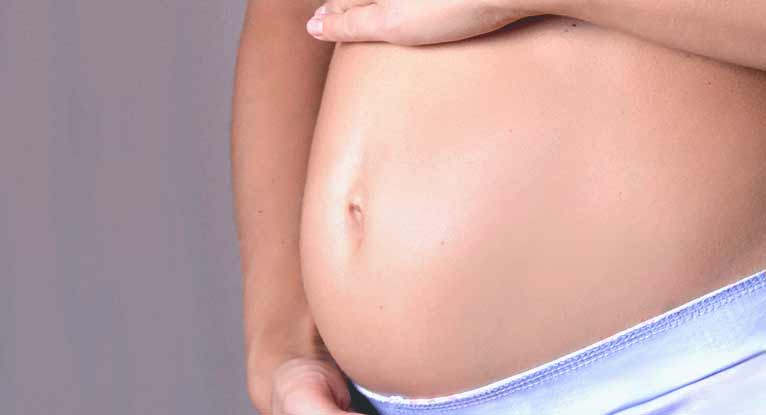Miscarriage Symptoms and Causes
Miscarriages occur when a pregnancy is ended naturally during the first 20 weeks of gestation. According to the American Pregnancy Association, about 10 to 25 percent of all clinically recognized pregnancies end in miscarriage. Not only can a miscarriage be very scary for a woman to experience at the time, but it can cause emotional effects. Any woman who becomes pregnant should be aware of miscarriage symptoms and causes.

Miscarriage Symptoms
It is important for all pregnant women to be aware of miscarriage warning signs. Pregnant women should seek medical attention if one or more symptoms of miscarriage occur. The American Pregnancy Association lists the following symptoms as miscarriage warning signs:
- back pain, which may be mild to severe. For most women having a miscarriage, it is more painful than menstrual period cramping.
- vaginal bleeding, which may or may not be accompanied by cramps
- clot-like material and tissue which passes through the vagina
- mucus that is white to pink in color
- a decrease in pregnancy symptoms, and weight loss
Keep in mind that although these are some of the possible miscarriage symptoms, there may be other explanations. In fact, it is fairly common for a woman to experience vaginal bleeding during pregnancy which is not related to a miscarriage. That being said, women who are pregnant should never take the above mentioned symptoms lightly.
Causes of Miscarriage
Generally, it is difficult for doctors to pinpoint the exact reason a woman has had a miscarriage. There are many factors which are known to increase a woman’s risk of miscarrying. Here are some of the factors which are known to lead to miscarriage.
- maternal age – Women who are over 35 years of age are at an increased risk of miscarriage.
- lifestyle choices – Too much caffeine intake, smoking, drug use, and malnutrition during pregnancy can all increase the risk of miscarriage.
- maternal trauma – Physical injuries or stress-related traumas can cause a miscarriage.
- health problems – Infections, hormonal problems, and certain other maternal health problems can increase the risk.
Women who are concerned about having a miscarriage due to their age or because they have experience one in the past should be sure to talk to their doctors. Avoiding lifestyle factors that increase the risk of miscarriage and ensuring that everything is okay with the pregnancy otherwise are essential keys to preventing complications. Anyone who does notice symptoms of miscarriage should be sure to call or visit a doctor immediately, however.